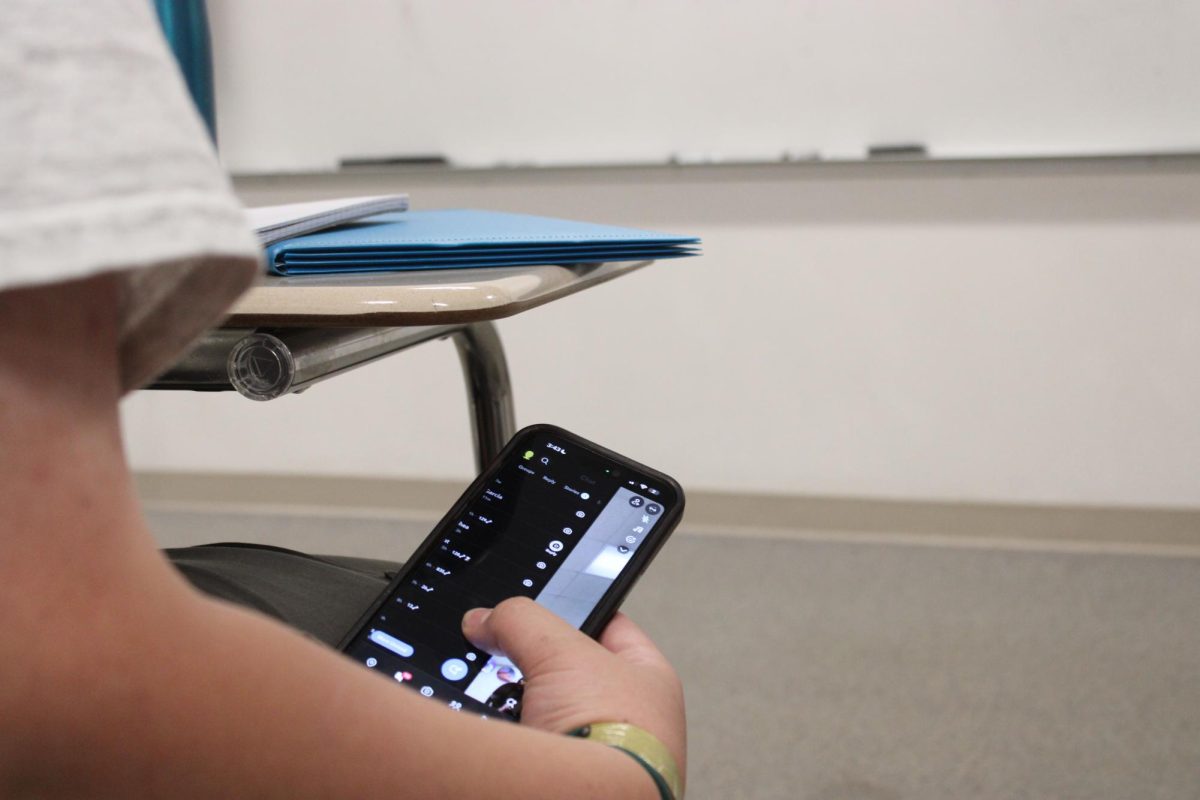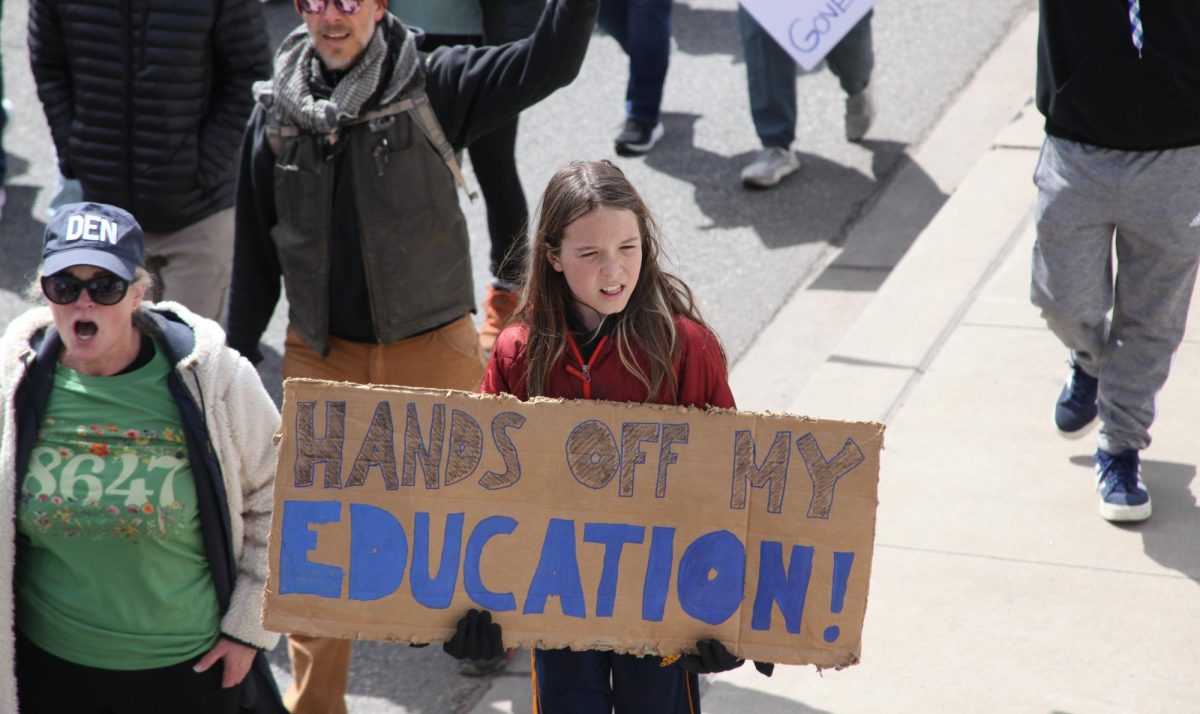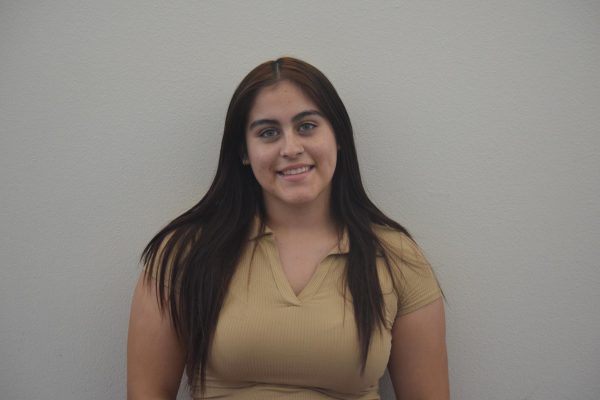The Littleton Public Schools District (LPS) introduced a new phone policy for the 2024 school year, stricter than pre-existing regulations in surrounding districts, including Cherry Creek School District (CCSD). With the new mandate, students are required to have phones shut off and put away in backpacks or in phone pockets in all classes. Regulations like these at Creek have only been made department-wide, never school or district-wide.
Many high schoolers in the district have expressed opinions towards the new policy.
“Some kids need to have their phones on them [for] medical issues, family issues, personal issues, etc,” Littleton High School (LHS) sophomore River Lasswell said. “Taking away their phones also means taking away communication from anyone outside the school.”
But according to LPS Chief Communications Officer Diane Leiker, parents and students haven’t shown noticeable objection to the new regulations.
“Teachers helped shape the policy changes, and many teachers had already implemented these practices last year. It’s my understanding that the policy implementation is going smoothly,” Leiker said via LPS’s press release on the issue. “Parents, teachers, and students were involved in the process.”
Another primary change, other than full district implementation, was the expansion of the term “personal technology device” to include smart watches.
Every year, statistics show the U.S.and its youth travels further into the age of full-internet and technological integration, the tethering between students and their devices has grown. The National Institute of Health says 53 percent of students report having a cell phone by age 11 – which means they acquired their device in elementary school. By high school, the number is over 95 percent.
But in contrast to many schools across the U.S., LPS’s new policy is lax.
According to the Washington Post, many districts have implemented total phone bans that require students to lock their phones in magnet-sealed pockets. Those systems only allow device usage before and after school.
“Many school districts across Colorado and the nation are making efforts to limit personal device distractions in the classroom,” Leiker said. “[LPS] sees the value in these efforts.”
For K-8, LPS completely outlawed the usage of phones during the day – they must be left in lockers or backpacks from school start to school end, high schoolers can use it during off periods.
Lasswell focused especially on an ongoing threat of lockdowns, shooter threats, and other emergencies, as well as simple, personal issues
“If I wanted to tell my parents to take me home because I’m sick, I can’t because my phone is in the classroom,” she said. “It’s taking our personal property to get us to focus on school.”
According to LHS sophomore Julia Yusas, students have found ways to avoid the policy; at the same time, depending on the teacher, the policy might be more lax in certain classes. “People at my school just hide their phones under the table, or behind their computers,” Yusas said. “Also, with headphones, some people just hide them with their hair.”
Contrary to Lasswell, Yusas has seen benefits in her peers.
“I have seen a lot more engagement from people who I know previously would have just sat on their phones instead of listening to the teachers,” she said. “People are also almost forced to talk to one another instead of just sitting on their phones.”









